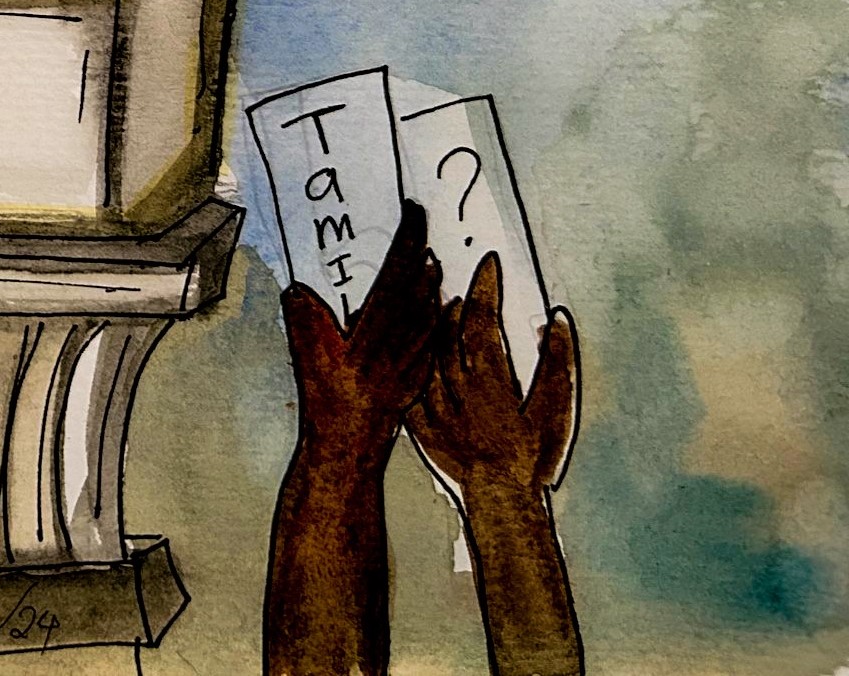
There has been a flurry of activity in Colombo, as Sri Lanka announced presidential elections are finally to be held later this year. Candidates and parties are bartering with each other and with the Southern electorate, as they tussle to take the reins of the state in September. But in the Tamil North-East, there is no such frenzy or excitement. Sri Lankan elections have never brought much to the Tamil people. Indeed, following decades of broken promises and continued assaults on their livelihood, there remains an overwhelming sense of pessimism.
Illustration by Keera Ratnam / wavesofcolour
There has been a flurry of activity in Colombo, as Sri Lanka announced presidential elections are finally to be held later this year. Candidates and parties are bartering with each other and with the Southern electorate, as they tussle to take the reins of the state in September. But in the Tamil North-East, there is no such frenzy or excitement. Sri Lankan elections have never brought much to the Tamil people. Indeed, following decades of broken promises and continued assaults on their livelihood, there remains an overwhelming sense of pessimism.
Whenever Sri Lankan elections are announced, particularly for the presidency, questions are always raised about the futility of such exercises. The electoral system in Sri Lanka has always been set against the Tamil people, structured in a way to enable a Sinhala ethnocracy since independence. It was manufactured precisely so that Tamil voices, vastly outnumbered across the island, would have minimal impact. In 2019, for example, when a record Tamil turnout came to the polls to overwhelmingly reject Gotabaya Rajapaksa, the accused war criminal’s Sinhala nationalist base easily overcame the Tamil votes. Their efforts were in vain.
Never has a Tamil candidate won and only a select few handful of occasions, when the Sinhala vote was split, has the Tamil vote made any significant impact – such as in 2015 when the Tamil vote was instrumental in bringing the Maithripala Sirisena into power. Even then, there was little reprieve, however. Despite having helped his regime secure government, the Tamils were rewarded with no devolution of power, continued military occupation and absolutely no progress on their demands for international accountability. It is no wonder that they feel entirely disillusioned by the whole electoral process.
In the months of electioneering this year so far, no Sinhala candidate has made any clear pledges on the issues that matter most across the North-East. The JVP and the SJB, both of whom have been trying to win over Tamil votes with recent trips to the homeland, have both only made piecemeal pledges of devolution. Yet, even as the candidates made vague promises in the North-East, their respective parties in South would contradict and even deny their words entirely. They have in effect been playing both sides, attempting to garner Tamil votes in the event of a tight contest, whilst also ensuring the Sinhala population remains appeased. That is precisely why to date, no significant pledge to the Tamil people has been delivered in writing. They cannot afford to lose their Sinhala nationalist base.
Tellingly, neither of the above candidates has even paid lip service to matters that remain at the forefront of Tamil politics – justice for mass atrocities and accountability for the crimes committed, including the thousands of abductions and disappearances that Tamils are still on the roadsides protesting about. Instead, both parties continue to court the military, including recruiting senior figures who are responsible for the very crimes that Tamils seek justice for. The prospect of any movement on this issue from any future Sri Lankan government appears non-existent.
With such little hope emanating from the South, the path ahead seems grim. It explains why, as of yet, no Tamil politician has called for the backing of a Sinhala candidate. Given the history of shattered pledges and ongoing refusal to accommodate Tamil demands, the reason for the hesitancy is clear. Doing so would be naive at best, and duplicitous at worst.
“The only option left to the Tamil people is to reject the presidential election,” said the Tamil National People’s Front earlier this year, echoing a widely held sentiment that has reverberated for decades. Participating in these elections could be seen as endorsing Sri Lanka’s racist political system, they argued. Others have rallied around the idea of a joint Tamil candidate; one that would not win the elections but a figure they claim will be a symbolic and powerful move aimed at highlighting Tamil demands to the international community. There is a logic behind both options.
Both, however, share a common basis and reiterate what Tamils have long known. There is nothing to be gained from placing hope in Sri Lanka’s ballot boxes or relying on the state’s institutions. It is only through international mechanisms and efforts in capitals across the world that will bring them their liberation. Until then, Eelam Tamils remain defiant in the face of continued crackdowns and harassment by Sri Lanka’s security forces, taking to the streets and making their voice clear. This is not our state. And these are not our polls.
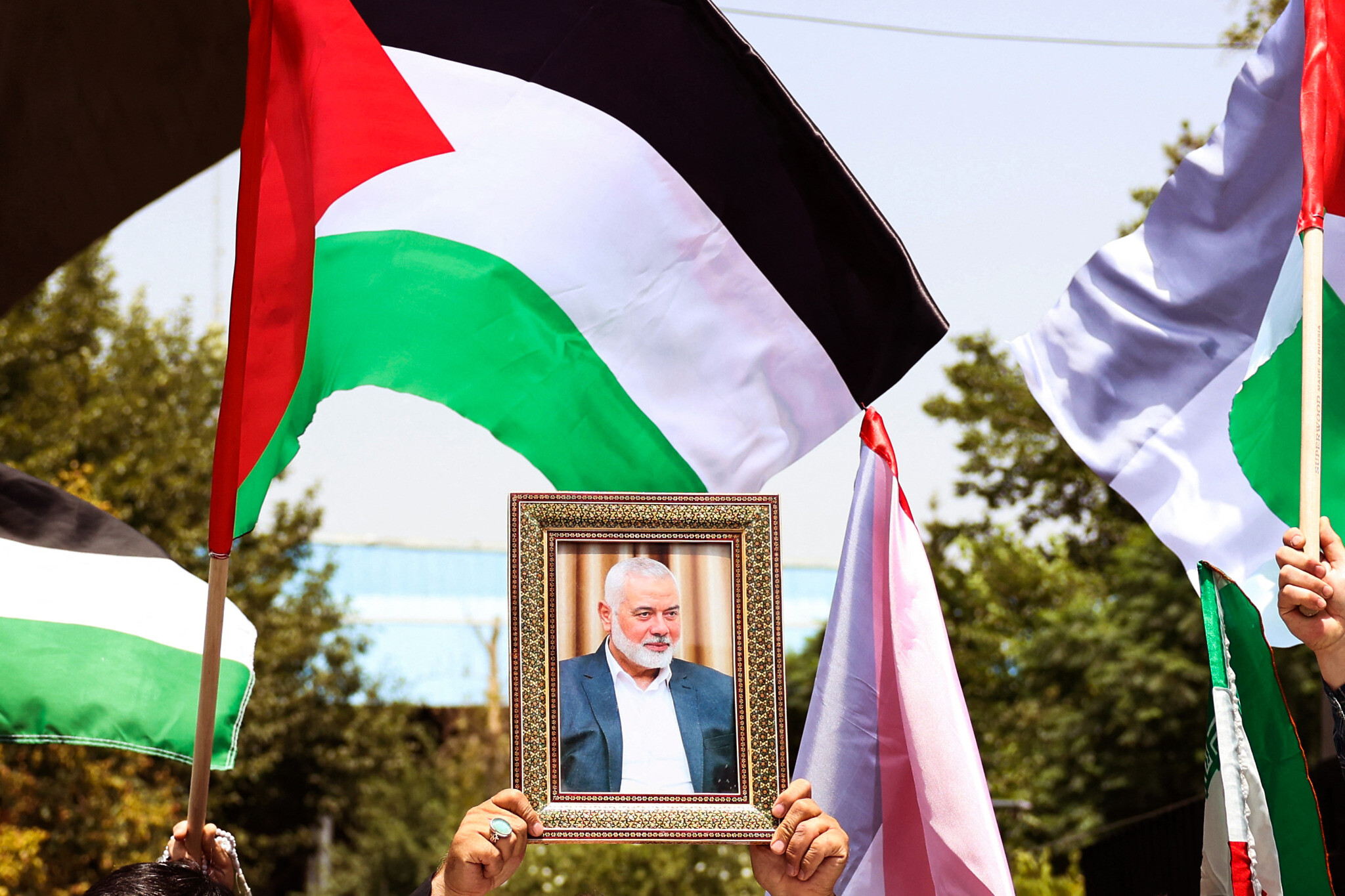
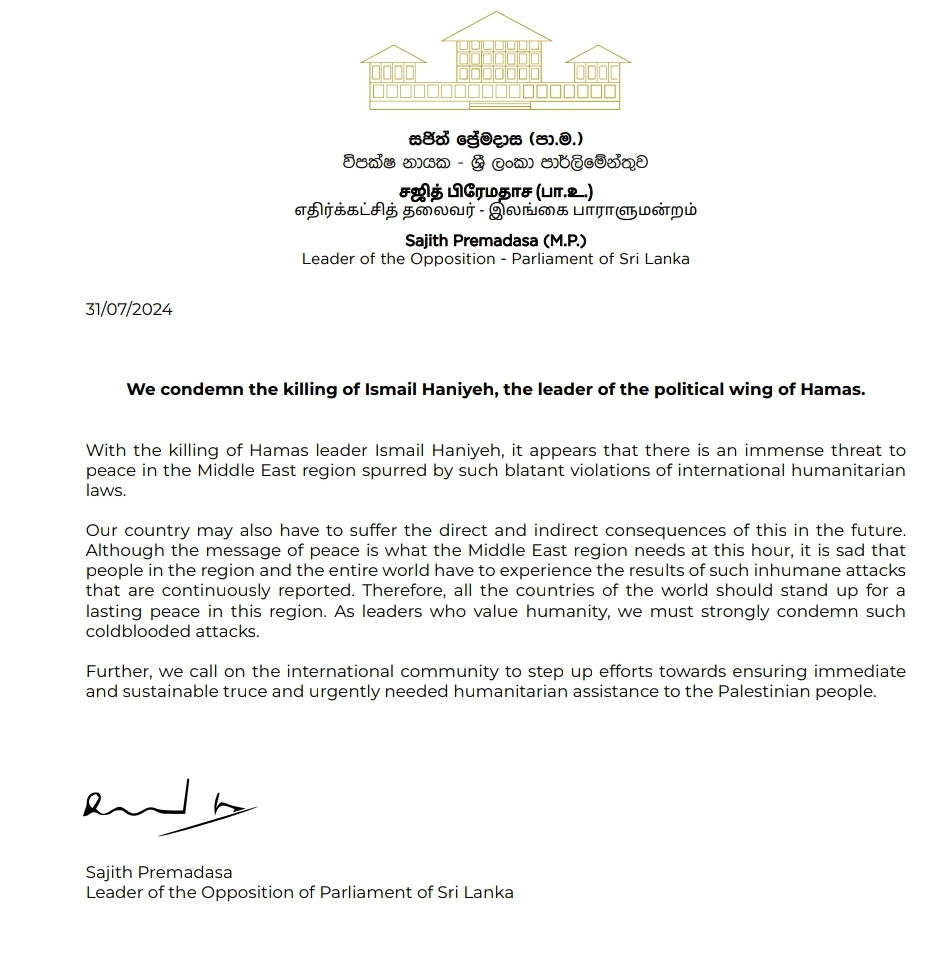



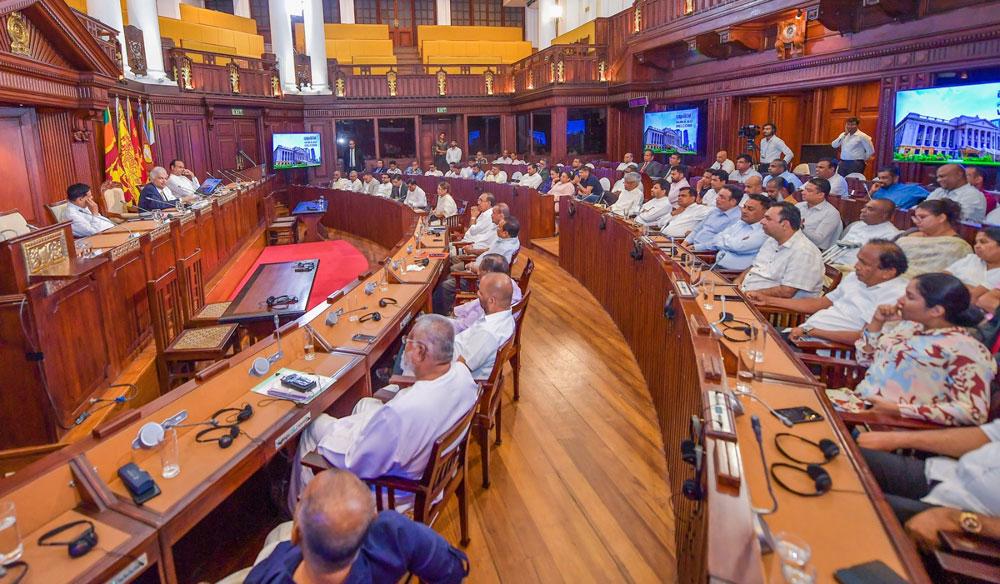

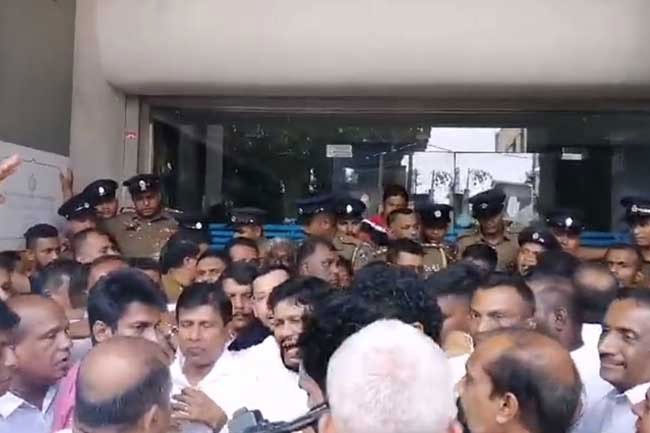

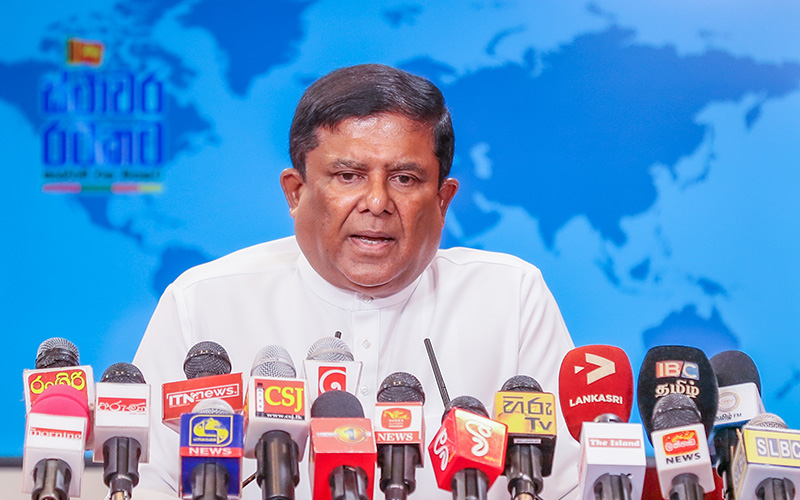

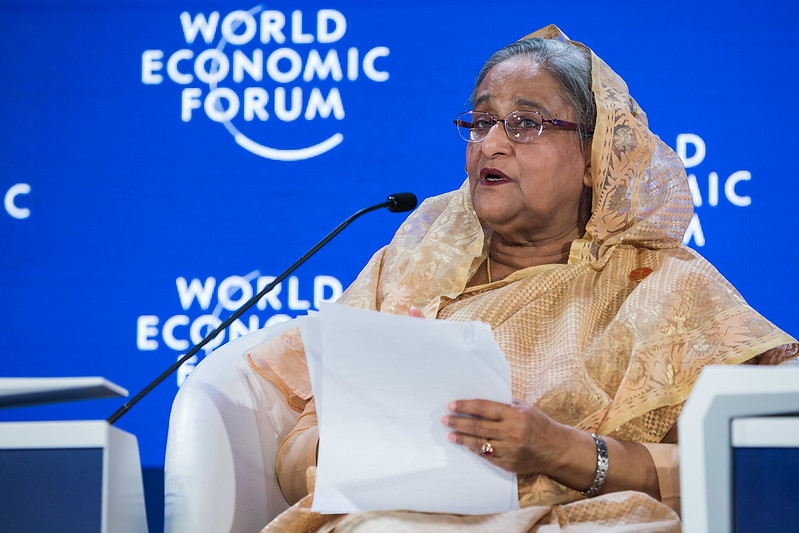

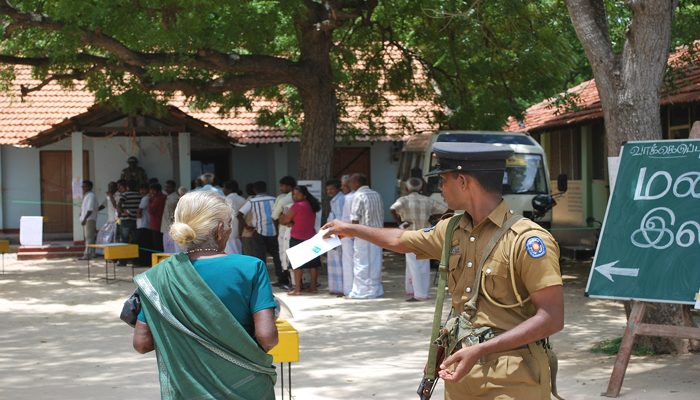

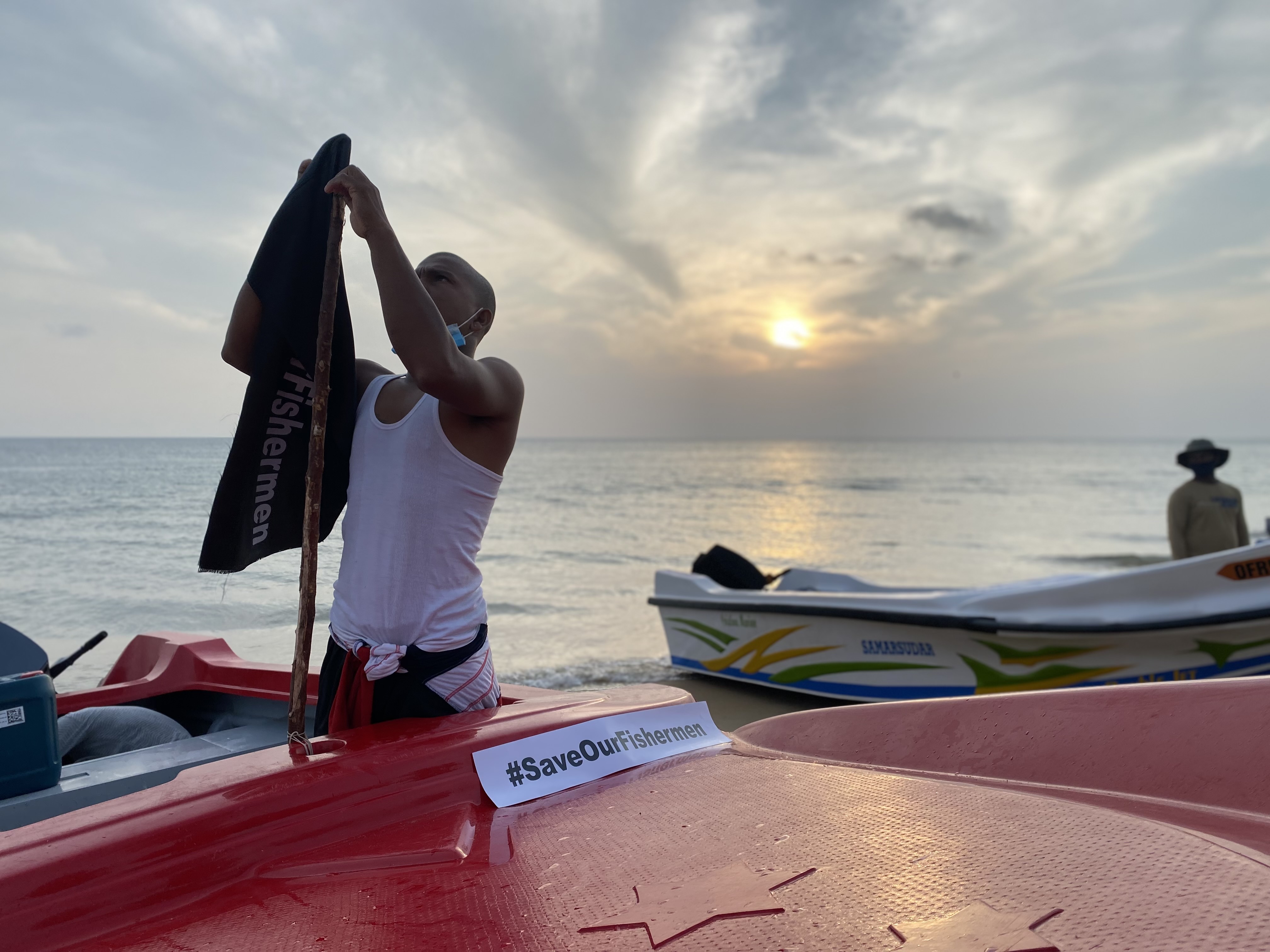

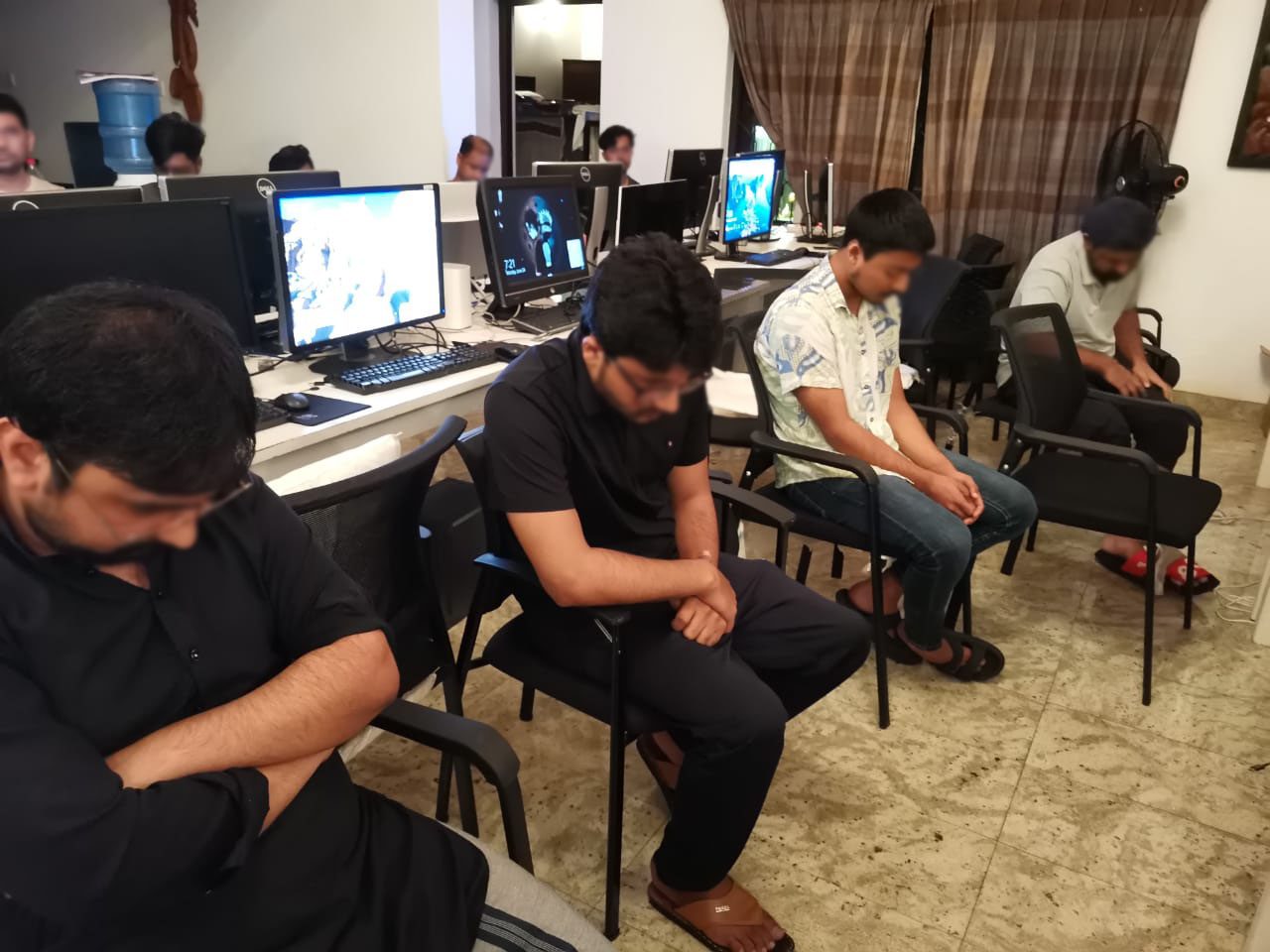



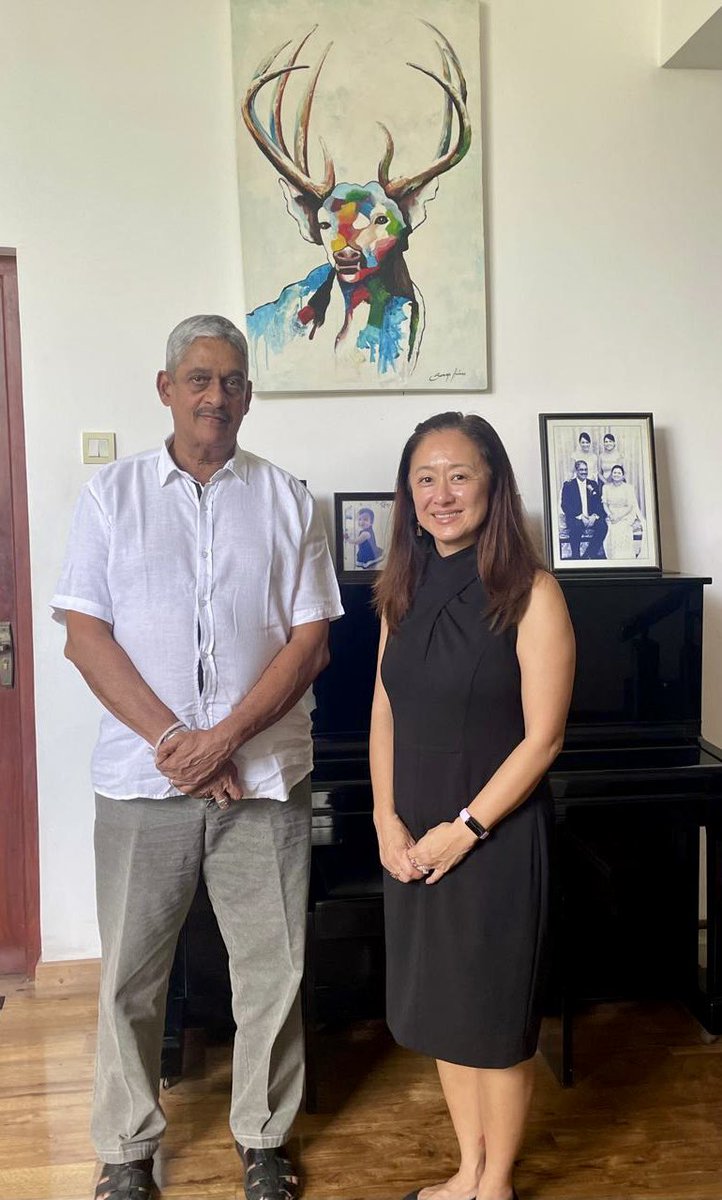


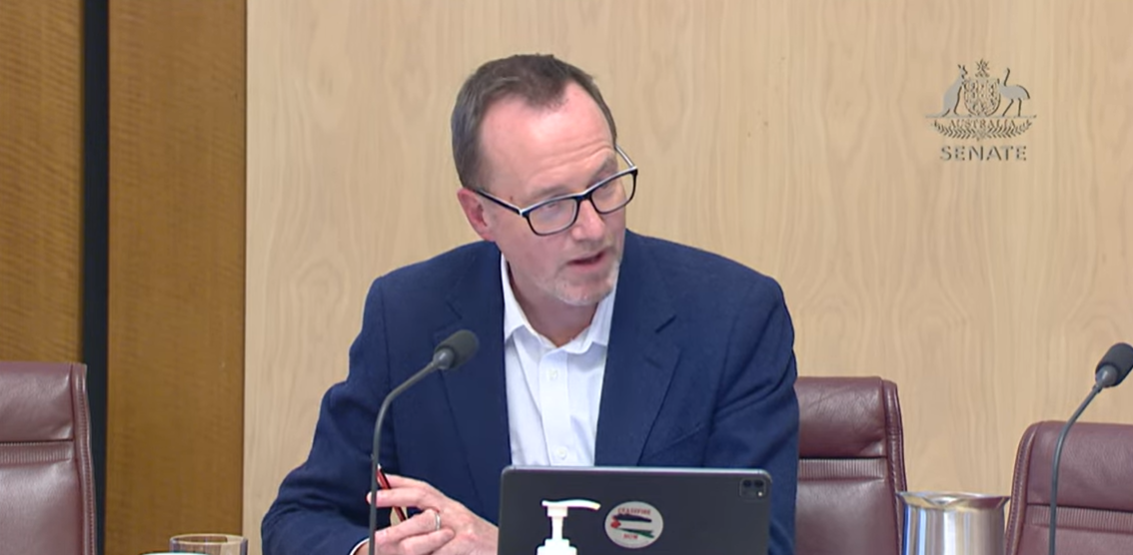
.jpeg)
.jpeg)
.jpeg)

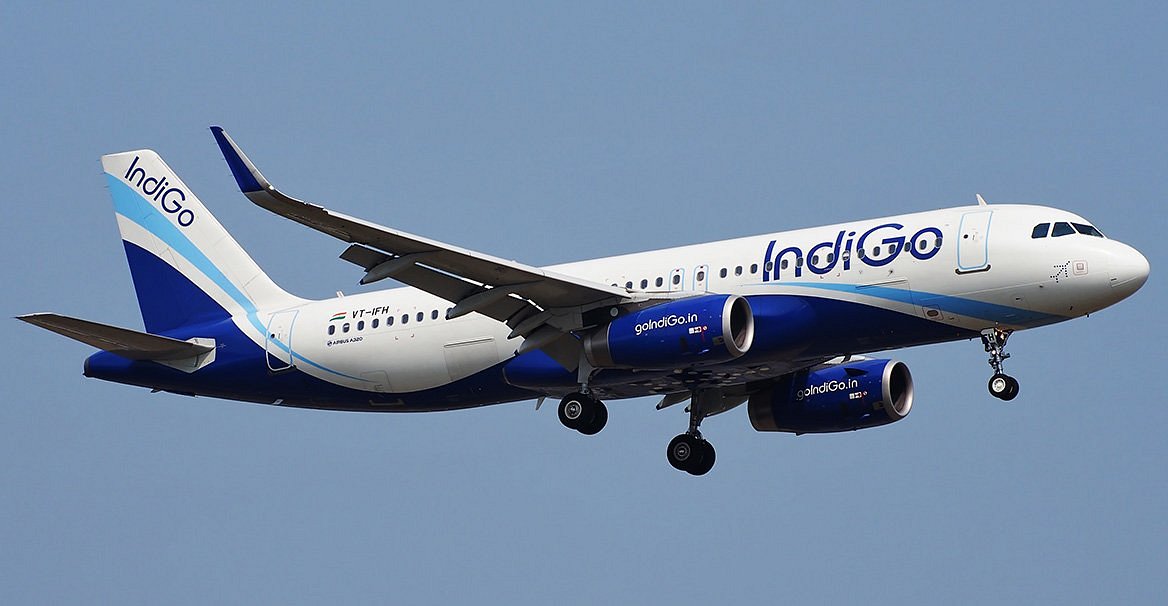


.jpg)
.jpg)
.jpg)
.jpg)